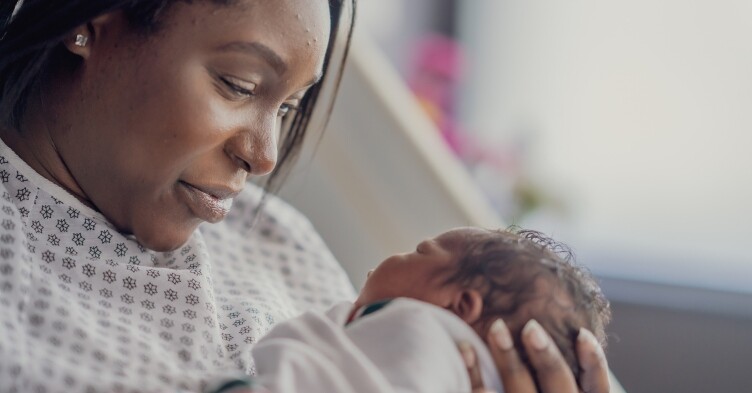NICE guidance updates criteria for diagnosis of UTI in women

Health professionals in primary care should diagnose women under 65 with a urinary tract infection (UTI) if they have two or more of three key symptoms – dysuria, nocturia and cloudy urine – an update to NICE guidelines suggests.
Related Article: Postnatal contraception advice reduces the risk of back-to-back pregnancies
Dr Paul Chrisp, director of the Centre for Guidelines at NICE, said: ‘UTIs are a common occurrence, but they can cause people a great amount of discomfort and pain. For people with recurrent UTIs this can lead to a reduction in their quality of life.
‘The standard will also help ensure that people are not misdiagnosed. By setting out clear methods for the diagnosis of UTIs, it will help limit the prescription of unnecessary antibiotics which may increase anti-microbial resistance to certain treatments.’
The guidance also states that for nurses working in general practice this will mean ensuring that ‘vaginal and urethral causes of urinary symptoms are excluded by asking about vaginal discharge and irritation, and other possible urethral causes of urinary symptoms’.
The key symptoms suggested by the guidelines are: dysuria (burning pain when passing urine), a new occurrence of nocturia (passing urine more often than usual at night), and cloudy urine.
Related Article: ‘Concerning acceleration’ in drug-resistant gonorrhoea ahead of vaccine programme
Dr Chrisp said that ‘this quality standard sets out useful and usable guidance for health professionals to improve the diagnosis and management of UTIs in both women and men while also setting a clear treatment pathway for people with a recurrent UTI who are at higher risk of complications’.
In addition to providing new guidance on diagnosis, NICE has also published specific guidance on the prescribing of antibiotics for patients with a UTI.
The new guidance recommends that ‘men and non-pregnant women are not prescribed antibiotics to treat asymptomatic bacteriuria’ and that non-pregnant women with an uncomplicated lower UTI are prescribed a 3-day course of antibiotics, and men and pregnant women with an uncomplicated lower UTI are prescribed a 7‑day course of antibiotics.
Related Article: Action needed to tackle untreated hearing loss in care homes
NICE also suggests that the management of urinary tract infection in trans people will need to take account of any gender reassignment surgery and whether there has been structural alteration of the person’s urethra.

See how our symptom tool can help you make better sense of patient presentations
Click here to search a symptom




